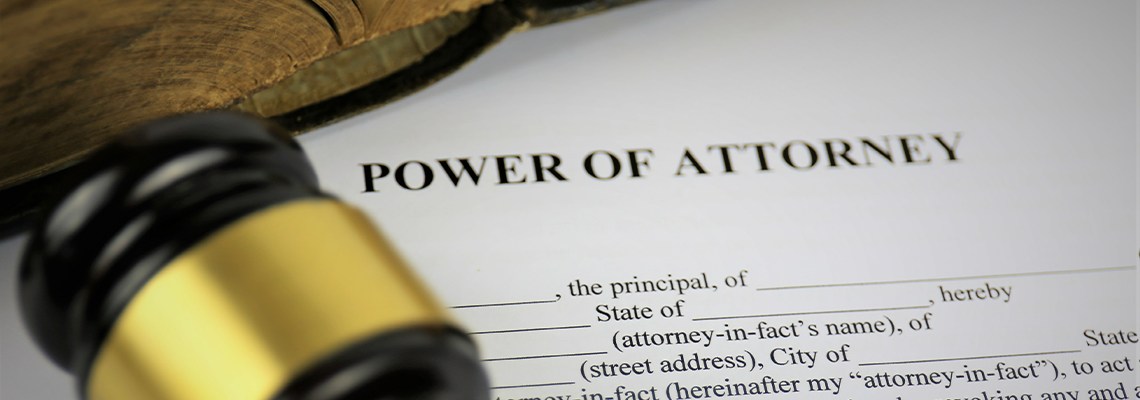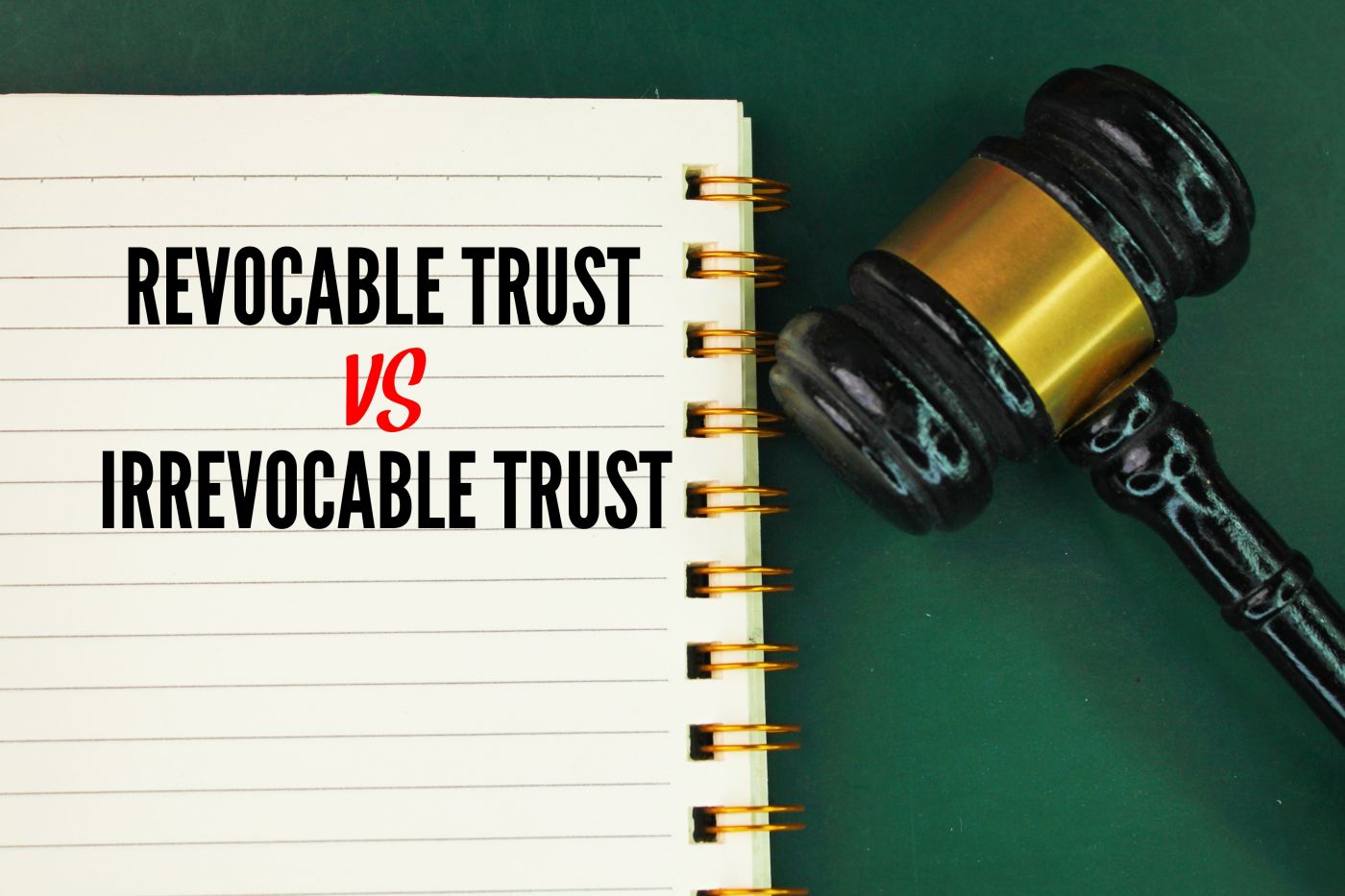Blog
Repetitive Stress Injuries: How to Pursue a Workers’ Compensation Claim
Repetitive Stress Injuries: How to Pursue a Workers’ Compensation Claim
Repetitive stress injuries, often overlooked in the workplace, can cause lasting pain and limit a person's ability to earn a living. In Anchorage, Alaska and across the state, these injuries frequently develop slowly over time—from routine tasks like typing, lifting, scanning, or even standing in one position for hours.

Hearing and Vision Loss from Workplace Accidents: What Are Your Rights?
Hearing and Vision Loss from Workplace Accidents: What Are Your Rights?
When a workplace accident leads to hearing or vision loss, it can change a person's life in an instant. In Anchorage, Alaska and throughout the state, employees in construction, fishing, manufacturing, and oil industries face daily risks that many people outside these fields might never encounter.

How Can You Prove Your Workers’ Compensation Claim for Carpal Tunnel Syndrome?
How Can You Prove Your Workers’ Compensation Claim for Carpal Tunnel Syndrome?
If you’re suffering from carpal tunnel syndrome because of your job, you’re not alone. Many hardworking people in Anchorage, Alaska, and nearby areas face this painful condition every day.

How Can You Protect Your Assets Through Estate Planning?
How Can You Protect Your Assets Through Estate Planning?
When people think about estate planning, they often imagine it’s something only the wealthy need to worry about. The truth is, estate planning is important for anyone who wants to protect what they’ve worked hard for and support their loved ones in the future.

What Is Guardianship, and How Can It Be Used to Protect Loved Ones?
What Is Guardianship, and How Can It Be Used to Protect Loved Ones?
Guardianship is a legal process that allows one person, called a guardian, to take responsibility for the well-being and decisions of another person, known as the ward. This arrangement is often used when someone is unable to make decisions for themselves due to age, mental health issues, physical disabilities, or other factors.

Understanding the Role of a Power of Attorney in Estate Planning
Understanding the Role of a Power of Attorney in Estate Planning
When it comes to planning for the future, particularly in the state of Alaska, creating a comprehensive estate plan is vital. One of the key components in such a plan is the Power of Attorney (POA). The Law Office of Justin S. Eppler, LLC in Anchorage, Alaska, is here to help clients with this process.

How Can Advance Directives Protect Your Healthcare Decisions?
How Can Advance Directives Protect Your Healthcare Decisions?
When it comes to healthcare, everyone has unique preferences regarding the type of treatment they wish to receive, especially in situations where they might be unable to communicate these preferences themselves. Attorney Eppler at the Law Office of Justin S. Eppler, LLC can help those in Anchorage, Alaska, with understanding how to make this situation easier.

What Are the Key Differences Between a Will and a Trust?
What Are the Key Differences Between a Will and a Trust?
Estate planning is an important step in making sure your assets go where you want after you're gone. Two of the most common tools used in estate planning are wills and trusts. While both serve to distribute assets, they work in different ways and offer unique benefits.

The Benefits and Drawbacks of a Living Trust
The Benefits and Drawbacks of a Living Trust
Estate planning is an essential part of safeguarding your assets and securing your family’s future. For individuals in Anchorage, Alaska, one popular tool in estate planning is a living trust. At the Law Office of Justin S. Eppler, LLC, we understand the importance of making informed decisions to suit your specific needs.

Revocable vs. Irrevocable Trust: Which One Is Right for Me?
Revocable vs. Irrevocable Trust: Which One Is Right for Me?
When it comes to estate planning, one of the most crucial decisions you'll face is whether to use a revocable or irrevocable trust. Both are powerful tools that help protect your assets, provide for your loved ones, and ensure your wishes are carried out after you're gone.

